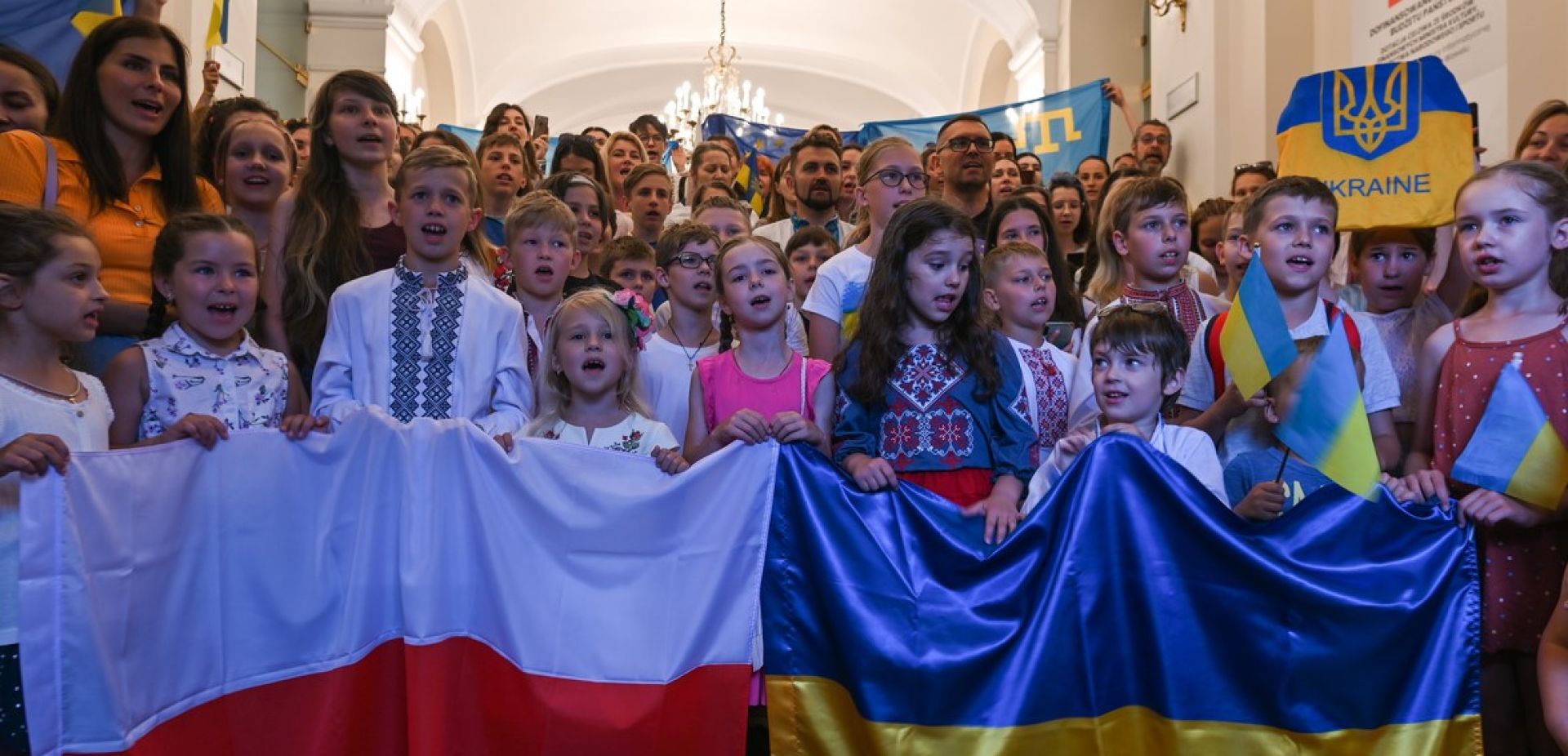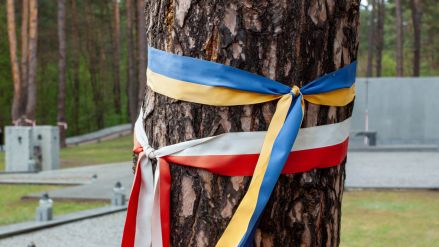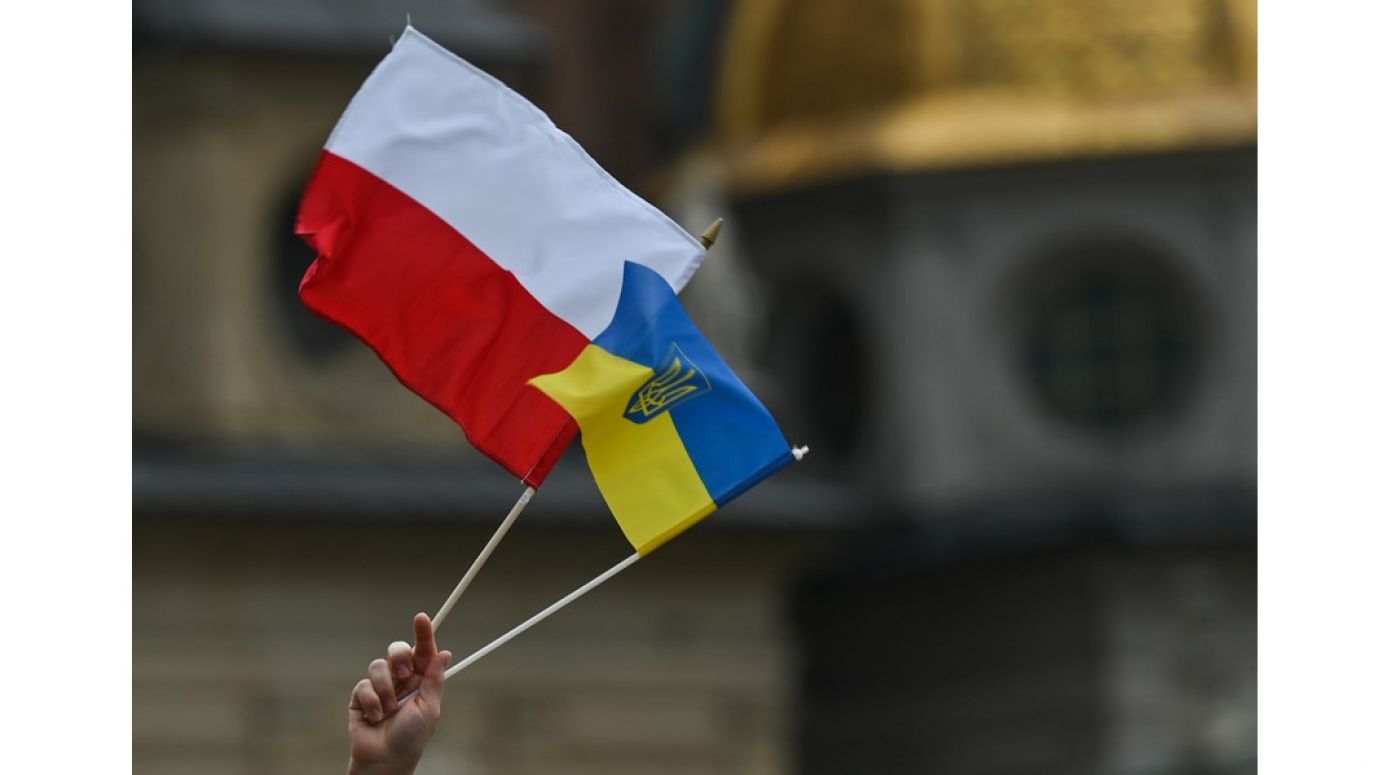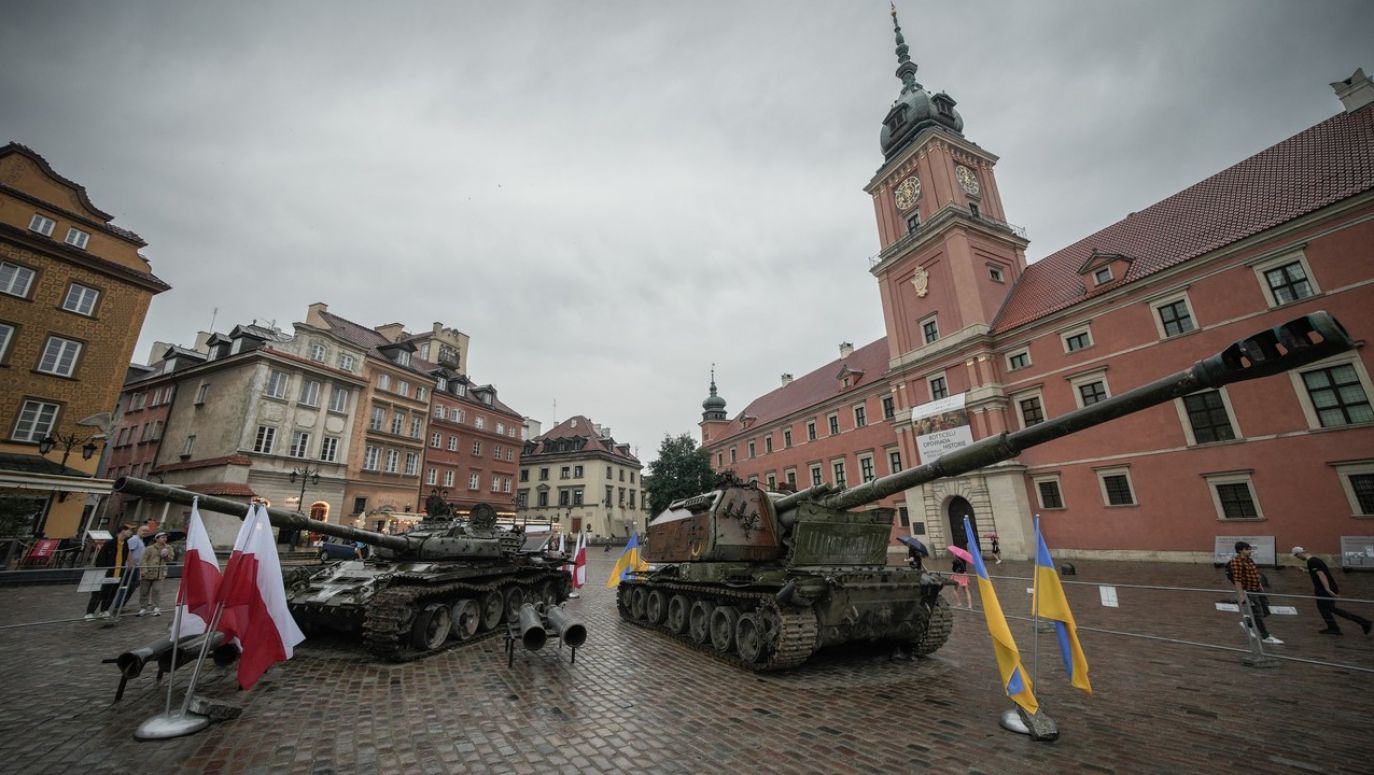Then you can start dealing with more complicated matters. For example, “national” defense may be common. Of course, we are talking here about the situation after the end of the war in Ukraine, otherwise it will turn out that this Polish-Ukrainian integration will simply result in involving Poland in combat. But in the future, the creation of a joint command of our armies may be very beneficial for both Warsaw and Kiev. Of course, Ukraine should probably join NATO first, which, however, does not seem unrealistic today.
And of course, we can also deal with foreign affairs together. This may happen at the latest, because Poland is in the EU, and Ukraine is not. The perspective of Ukraine joining the EU seems remote today, but with considerable effort it can be accelerated. Anyway, at the beginning it may be enough to coordinate our foreign policies.
If such was the common integration plan, then one could think about creating a Polish-Ukrainian confederation. It is about understanding a confederation as a union of states; to some extent today it is the European Union, and in the past it was, among others, The German Confederation (1815–1866), the Confederated States of America (1861–1865), as well as Serbia and Montenegro (2003–2006). For in the present conditions it makes sense only to integrate gradually, slowly, to the benefit of both countries and after having carefully thought it out. All Polish and Ukrainian citizens should be absolutely clear where and why we are going. And the progress of integration must be carefully evaluated. So that – if something doesn't work – you just gets out of it. And to try a different, better way.
We have to set goals
Again, paradoxically (putting the drama of the ongoing war aside), Ukraine, unlike Poland, has clear goals ahead: joining the EU and NATO. We have already achieved this, and there is little evidence of a new direction to pursue beyond the general welfare of all citizens.
Why shouldn’t we want to cooperate closely – as an alliance or confederation – between countries which, historically speaking, are very close. Do we fear that Vladimir Putin or Sergey Lavrov will once again announce that Poland “wishes to control Ukraine”. And that they will scare the Ukrainians with “a return of the Polish nobility”? Or maybe we are afraid of ourselves that it is us, Poles, who shall suddenly feel “a longing for our borderlands” and come up with an idea to polonize our neighbors?
There is no need to fear difficult challenges. To paraphrase the words of Filip Memches, Poland's raison d'état is Ukraine as a country that is independent and strong in relation to the Kremlin. This does not mean, however, that we cannot think about a mutually beneficial, gradual, Polish-Ukrainian integration in the long run.
– Piotr Kościński
– Translated by Dominik Szczęsny-Kostanecki
TVP WEEKLY. Editorial team and jornalists









